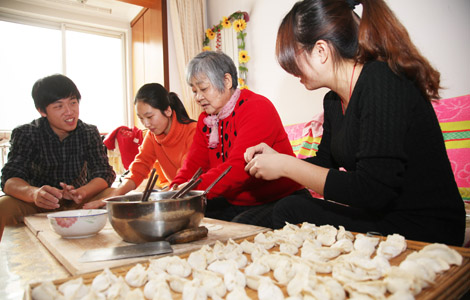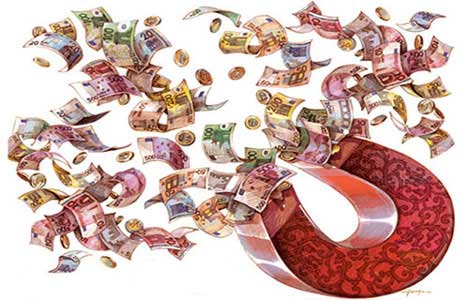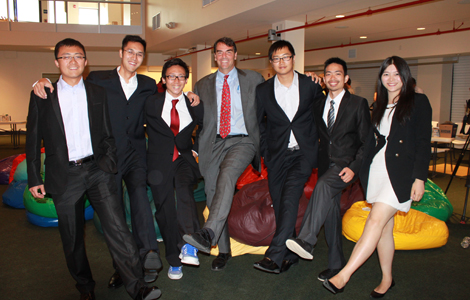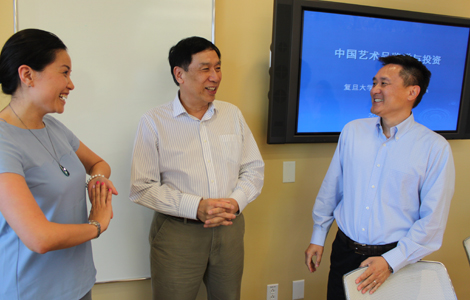Fonterra says sorry for 'anxiety'
Updated: 2013-08-06 07:35
By Wang Shanshan and Jiang Xueqing in Beijing, and Zhou Wenting in Shanghai (China Daily)
|
||||||||
Like many Chinese consumers, Fan has lost confidence in domestic dairy brands because of concerns over food safety. Government supervision over food industry has yet to be improved in China, while nongovernmental organizations do not have the ability to blow the whistle on potential problems, he said.
The industry's failings have prompted many parents to buy foreign infant formulas, but consumers are still wary. "The latest scandal will not change foreign brands' monopoly of the market," said Wang Dingmian.
China's dairy industry has suffered a crisis of confidence since 2008, when Sanlu Group was found to have added the toxic chemical melamine, often used in the production of plastics, to its milk powder to boost its apparent protein content.
This year, some major companies have attempted to rebuild consumer confidence and boost their presence in the domestic dairy industry through mergers and restructuring.
In June, China Mengniu Dairy Co Ltd, one of the largest dairy enterprises in the country, paid $1.6 billion to acquire a 75 percent stake in the domestic baby formula maker Yashili International Holdings Ltd. In July, a major competitor, Inner Mongolia Yili Industrial Group Co Ltd, signed a strategic cooperation agreement with Dairy Farmers of America.
However, some industry experts argue it's wrong to believe that dairy companies will improve their brand image and reduce safety problems by increasing in size.
"Our dairy companies are not capable of running a large enterprise. Because the management is not up to the job, mergers and acquisitions will become a heavy burden for them and increase their risks," said Wang.
Fan also noted that Chinese dairy companies are unlikely to become more trustworthy by acquiring, or merging with, a foreign counterpart. "Their future depends on whether or not the Chinese companies allow their foreign partner independence in decision-making, management and product inspection. Otherwise, they will only ruin the foreign brand through a merger or acquisition," he said.
Chinese dairy enterprises have failed to take effective measures to regain consumer confidence, said Fan. He suggested the companies make the results of inspections by reliable third parties publicly available. They could also improve formula and help it to meet the nutritional needs of infants by modeling it on the nutritional composition of breast milk.
"Chinese dairy companies and the government should be more transparent in keeping the public informed about inspection measures, procedures and test results of dairy products. For example, they should release information on the sources and quality of milk, the technologies used, and the dairy products made with fresh milk," said Wang.
Meng Jing and Tang Yue in Beijing, Ren Zhe and Chen Lili in Shanghai contributed to this story.
- Importers recall tainted NZ milk powder
- China names importers of NZ dairy products
- New Zealand gov't names infant formula brand in Fonterra botulism alert
- New Zealand dairy giant Fonterra issues botulism alert
- China urges recall of tainted Fonterra milk products
- New Zealand milk stokes fears
- China bans all NZ milk powder imports - NZ trade minister
Most Viewed
Editor's Picks

|

|

|

|

|

|
Today's Top News
Obesity rate on the increase
Washington Post sold to Amazon's founder
Fonterra says sorry for 'anxiety'
Detroit Symphony brings China to NYC
Service sector drives up growth
Globalization of Chinese culture becomes hot topic
Huawei expands in London
Web 'answer to export woes'
US Weekly

|

|













